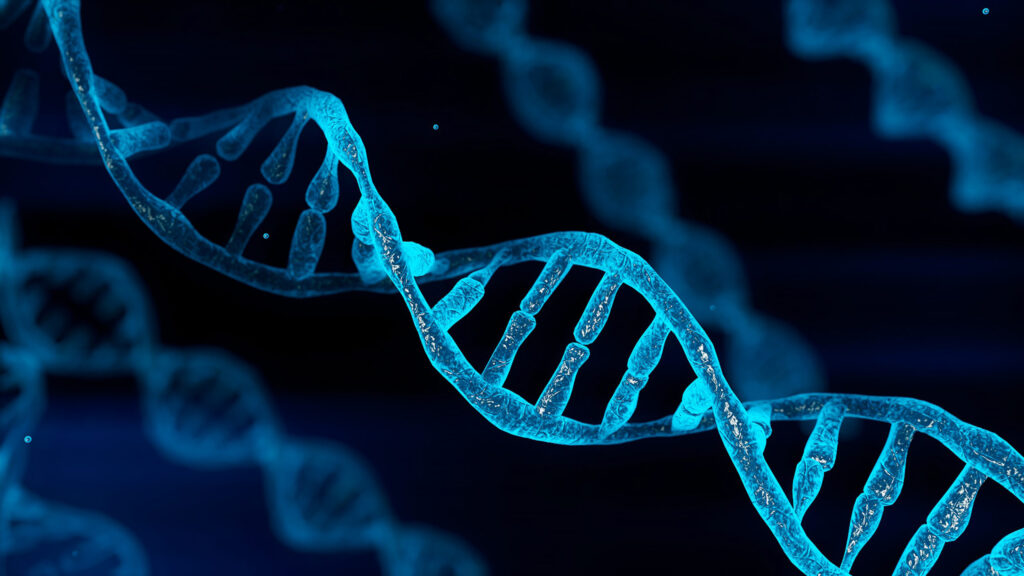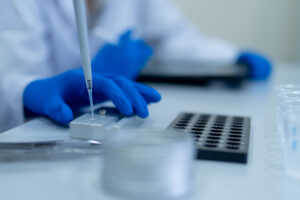Genetic diagnosis benefits
For a wide variety of hereditary and acquired diseases and syndromes, both rare and more common, the benefits of genetic diagnosis as early as possible are multitude. Whether for you, your child, or a loved one, it is better to know than to wonder what is going on with a questionable health situation.
In the everyday routine of a child’s maturation or adult life, certain unusual health or development markers may come to the attention of medical professionals or parents and caregivers who are aware of these things. When that happens, the next best move is an information-gathering mission. , With that goal being completed, the natural following steps are genetic counseling, genetic testing, and eventually a genetic diagnosis, for the greater benefit of all concerned.
How is genetic diagnosis helpful?
A genetic diagnosis has many benefits and can entirely change the level and direction of medical care that you or your loved one receives.
Genetic testing can, for instance, provide a diagnosis for common genetic disorders such as sickle cell anemia, cystic fibrosis, Down syndrome, thalassemia, or Tay Sachs. And it can point to the possibility of rarer syndromes such as Ehlers-Danlos syndrome or Fragile X.
Genetic testing is also used when certain kinds of cancer are diagnosed or suspected. To explore the role of diagnostic genetic testing in achieving accurate diagnoses, see our article on Diagnostic Genetic Testing: What It Is and Why It Matters.
And, even in healthy pregnancies, most doctors advise some form of genetic testing, especially if the mother is above a certain age. This can help determine if the pregnancy is presumed to be viable, and what the likelihood is that the fetus will have Down syndrome, for example, or a serious deformity, or if surgery should be considered before the baby is born to correct problems such as a heart defect.
Gene mutation or extra chromosomes can result in genetic disorders and irregularities. While genetic abnormalities once had completely unknown results, we now can detect and identify an enormous number of diseases, syndromes, and other health conditions, and chart the potential consequences. As over many years medical professionals have collected and collated vast amounts of educated and evidence-based observations, we now know what to do to find, treat, ameliorate, and sometimes prevent some of the known genetic disorders and diseases.
Discover the medical scenarios that prompt physicians to recommend genetic testing in our article on Why Would a Doctor Order Genetic Testing?
Genetic diagnosis a definition
Genetic testing searches for mutations or variants in your DNA and genetic material. This can help diagnose genetic disorders and can give information about your risk of developing certain types of cancer.
Genes comprise the code and a major part of the operating system for the human body. If there are genetic irregularities or mutations, it is best to know about it as soon as possible. Genetic tests can identify and single out changes in genes, short lengths of DNA, chromosomes, or proteins, and can offer a diagnosis that can help you understand what you or your loved ones need to do as your next best step.
With a small blood or saliva sample, a lot of knowledge can be gained and results obtained within just a few short weeks. And, armed with these results, and possibly new information about a genetic irregularity in your DNA, you will be able to inform family members that they, too, may be affected by genetic issues and even, sometimes, subject to the identical condition.
It is highly advisable to schedule an appointment for genetic counseling both before and after you test and receive results from your genetic test. In this way, you can receive professional advice as to whether you need the test, that you are the right person in your family to test, that you are testing for the right things, and that you both understand and are prepared to deal with the results of the tests you have done.
Can a diagnosis benefit you or your child?
Genetic conditions and related disorders can raise a variety of possible obstacles to optimal social, physical, and mental health development. Genetic counseling is advisable as early as a possible concern is detected, to plan for your own, your child’s, or your loved one’s highest level of developmental care, potential therapy, and long-term well-being.
For babies and children with genetic diseases and syndromes, genetic counseling can be a crucial step in determining whether and how to intervene to try to offer the best possible outcomes for their health. Genetic counseling is also essential to ensure an accurate genetic diagnosis for rare diseases.



